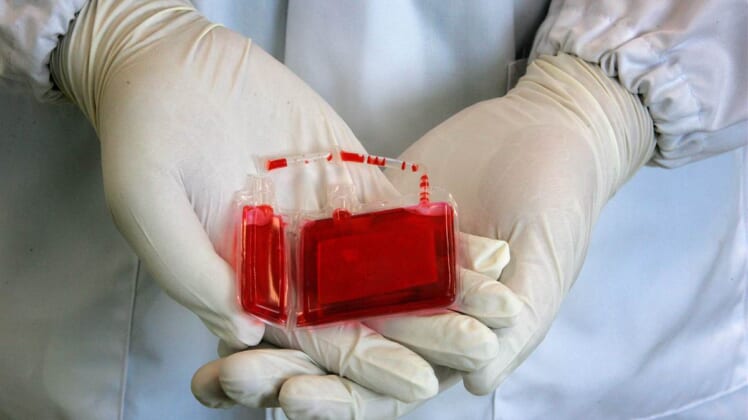
In honor of Cord Blood Awareness Month, I’d like to help clear up some of the concerns and misconceptions I hear regarding umbilical cord blood collection.
Cord blood, for those who may not know, is the fetal blood that is found in the umbilical cord and in the placenta of a newborn child. In the past, this material was always discarded after delivery – that is, until scientists discovered that cord blood is full of stem cells.
Stem cells have to capability to help repair damaged tissue in our bodies. They circulate in our systems all throughout our lives.
The younger the cell, the more possibilities it has to heal.
A typical use of stem cells is to replenish patients’ bodies after cancer treatment. For example, if a child develops leukemia, after radiation and chemotherapy, that child is void of the capability of replenishing all of the essential cells that his or her body needs to fight infection and oxygen support.
With a stem cell transplant, these children can hopefully get back to their old selves.
The key, however, is that the stem cell transplantation must be accepted by the body. The closer the stem cells are to our own natural ones, the better the probability of a successful transplant.
That is why there is nothing like having our own stem cells stored.
Not only are these stem cells being utilized for post-cancer treatment, but now we see more and more anecdotal reports of stem cells regenerating into other tissues. To me, this is one of the most exciting areas of medicine.
Imagine a time when we can cure diseases like type 1 diabetes, we can regenerate skin for burn victims or implant perfectly matched organs in place of those which have failed to thrive. That’s all possible with stem cells, and it is because of these possibilities that many parents now consider private or public donation.
In many states, it is mandatory that pregnant women get full information about options of storing umbilical cord blood.
There are still challenges, of course, since there is a cost associated with private banking, and I hope and pray that this cost will continue to come down as technology improves.
Besides cost, it is also important to consider the quality of the laboratory being considered.
Labs must have the right certification and the right quality control. They must have experience, not only in collecting the cells, but in processing them for transplant treatments. They should also have FDA approval for the highest quality standards.
So remember, when you’re bringing new life into this world, it’s important to stay informed, and remember that science is always changing and the possibilities of giving your child the gift of good health are endless.
